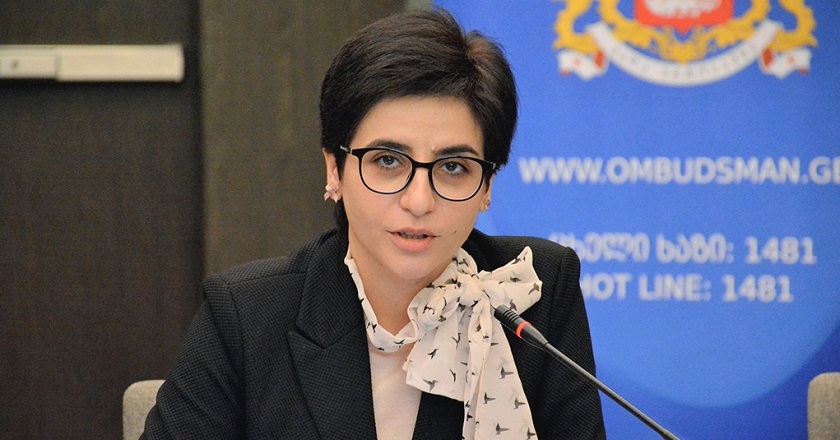Out of 57 villages of Dmanisi municipality, only seven have kindergartens. 65% of the population are ethnic Azerbaijanis. Unlike villages inhabited by ethnic Georgians, there is no kindergarten in any village inhabited by minorities.
In 2014-2016, despite numerous promises from the government that, for example, a kindergarten would be opened in the Amamlo community, a preschool education institution was built in Boslebi (2016) and Sarkineti (2017), which are ethnically Georgian villages.
In December 2022, Dmanisi Municipality Council rejected the petition by which the residents of the Amamlo community requested to open a kindergarten in the village and ensure its functioning. With the support of the Center for Civic Activities, the decision was appealed to the Bolnisi District Court. The court accepted the lawsuit and the hearing will be held on April 5.
The right to preschool education is guaranteed by the Constitution. The legislation obliges local governments to provide preschool care and education for all children of appropriate age. In this regard, the situation is critically difficult and unequal in the highlands and regions inhabited by ethnic minorities.
Dmanisi is not the only municipality in Kvemo Kartli where children do not have access to early care and preschool education.
In Bolnisi district, out of 48 villages, there are only five kindergartens. 63% of the are ethnic Azerbaijanis. There is no kindergarten in any village inhabited by minorities.
There are 29 kindergartens in Sagarejo municipality in Kakheti. Almost every village has a preschool education facility, except for the villages inhabited by ethnic Azerbaijanis. In the Iormunghalo community, where 33% of the population (up to 17 thousand people) lives, there is only one kindergarten and it can accommodate 30 children.
Out of 43 villages of Tsalka municipality, there is a kindergarten in only six. About 53% of the population are ethnic minorities. 39% of them are Armenians, almost 7% are Azerbaijanis and the same number are Greeks. There is no kindergarten in any village inhabited by Armenians and Greeks. Pre-school education is available only in Kizil-Kilisa, the only village inhabited by Armenians.
The lack of kindergartens in villages populated by ethnic minorities prevents children from learning the state language - Georgian, proper mental and social development, employment of parents, etc.
On May 2, 2014, the Georgian parliament adopted the law "On Elimination of All Forms of Discrimination". According to the law, the Public Defender of Georgia, together with the general courts, was defined as a legal mechanism for the protection of the right to equality. People who believe that in any area of public life, on any protected basis (race, color, language, sex, age, citizenship, origin, place of birth, place of residence, property or rank, religion or belief, national, ethnic or social affiliation, profession, marital status, health status, limited ability, sexual orientation, gender identity, expression, political or other opinion or other sign) have been subjected to discrimination, have the opportunity to start a dispute, against public agencies, legal or natural persons of private law, court or public defender.
Advocacy campaign to promote access to preschool education is implemented by the Center for Civic Activities with the support of USAID's Civil Society Engagement Program. Within the framework of the campaign, the Center studied the situation of 32 municipalities. With its support, community activists submitted 16 petitions in Tsalka, Bolnisi, Dmanisi, Akhalkalaki, Borjomi, Aspindza, Tkibuli, Sachkhere, Tsageri, Sagarejo city councils, requesting the opening of kindergartens. The rejection of two petitions has been appealed in court. In order to improve the awareness of the population about the importance of preschool education and ways to solve the problem, the Center for Civic Activities placed audio clips in Georgian, Armenian, and Azerbaijani languages in central and regional radio stations, in January.






